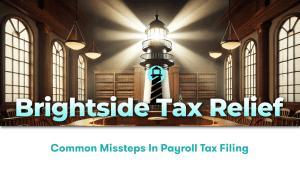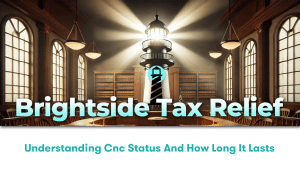Delving Deep into the Taxation of Trusts and Estates
Trusts and estates have long been tools employed by savvy individuals to safeguard their wealth and ensure its seamless transfer to beneficiaries. However, managing such mechanisms involves deciphering an intricate web of taxation laws and regulations. Trust estate taxes, a focal point in this realm, call for a profound understanding to make the most of these financial instruments.
Foundational Concepts: Trusts and Estates
Before discussing taxation, defining trusts and estates is essential. Trusts are separate legal entities created by a person (often referred to as the grantor, settlor, or trustor) to manage assets. These assets could range from real estate, stocks, bonds, mutual funds, or other types of personal property. They are managed by the trustee for the benefit of grantor or third parties, known as beneficiaries.
Similarly, an estate communally refers to all assets, liabilities, and commitments of a person, whether living or deceased. Managing an estate usually happens under a will and testament or intestacy laws if no will exist.
Trust Estate Taxes: An Overview
Trusts and estates are subject to distinct tax regulations. Trust estate taxes are complex due to their dependence on elements like the type of trust involved, residency requirements, income distribution, and more.(IRS) Trusts are typically categorized into two types – revocable and irrevocable, each possessing different tax liabilities.
Tax Treatment of Revocable Trusts
Revocable trusts, also known as living trusts, offer significant flexibility. The grantor continues to control the trust assets throughout their lifetime and can modify terms or dissolve the trust entirely. From a taxation perspective, the Internal Revenue Service (IRS) usually doesn’t regard these trusts as separate entities. Income generated by assets in a revocable trust usually flows directly onto the grantor’s income tax return.
Tax Implications for Irrevocable Trusts
Unlike revocable trusts, irrevocable trusts cannot be altered or dissolved without both the trustee’s and beneficiary’s consent. As such, income generated by the trust’s assets is subject to tax at the trust level, not the individual level. If income is distributed to beneficiaries, the beneficiaries pay the tax. When the trust retains the income, the trust pays the tax.
Estate Tax and Its Impact
Estate tax, or death tax, as it’s sometimes referred to, is a tax levied on the transfer of the deceased’s estate before distribution to the beneficiaries. For many estates, this won’t apply unless the gross estate’s value exceeds the annually adjusted base exemption level — $11.7 million for individuals in 2021.
Income Tax Considerations for Estates and Trusts
Income earned by an estate or trust is also subject to tax. This tax could be assessed at the estate or trust level, or at the beneficiary level, depending on where the income is distributed. Beneficiaries must include their share of the trust’s or estate’s income on their individual tax returns.
Gift Taxes: An Important Piece of The Puzzle
Gift taxes are another vital factor in estate planning. While not directly linked to trust estate taxes, they play a pivotal role in overall wealth management and transfer. The gift tax is a tax on transferring assets while one is alive. In 2021, a person could give up to $15,000 per recipient without triggering the gift tax.
Navigating Trust Estate Taxes: A Conclusion
Understanding trust estate taxes involves many moving parts, from the type of trust to gift taxes, the rules associated with distributions and beyond. It’s a complex tapestry demanding a deep and thorough comprehension. Even with a fundamental understanding, the intricacies often necessitate professional tax advice to see through the decision-making process and the layers of regulations.
At Brightside Tax Relief LLC, our goal is to help you navigate these complex regulations effectively, ease your tax burdens, and plan for a financially secure future. Trusts and estates are potentially powerful facets of financial planning when handled correctly. With the proper information at your disposal, you can make the most of these mechanisms, maximizing their value to you and your beneficiaries. Be smart. Be knowledgeable. Continue your journey toward understanding trust estate taxes.




